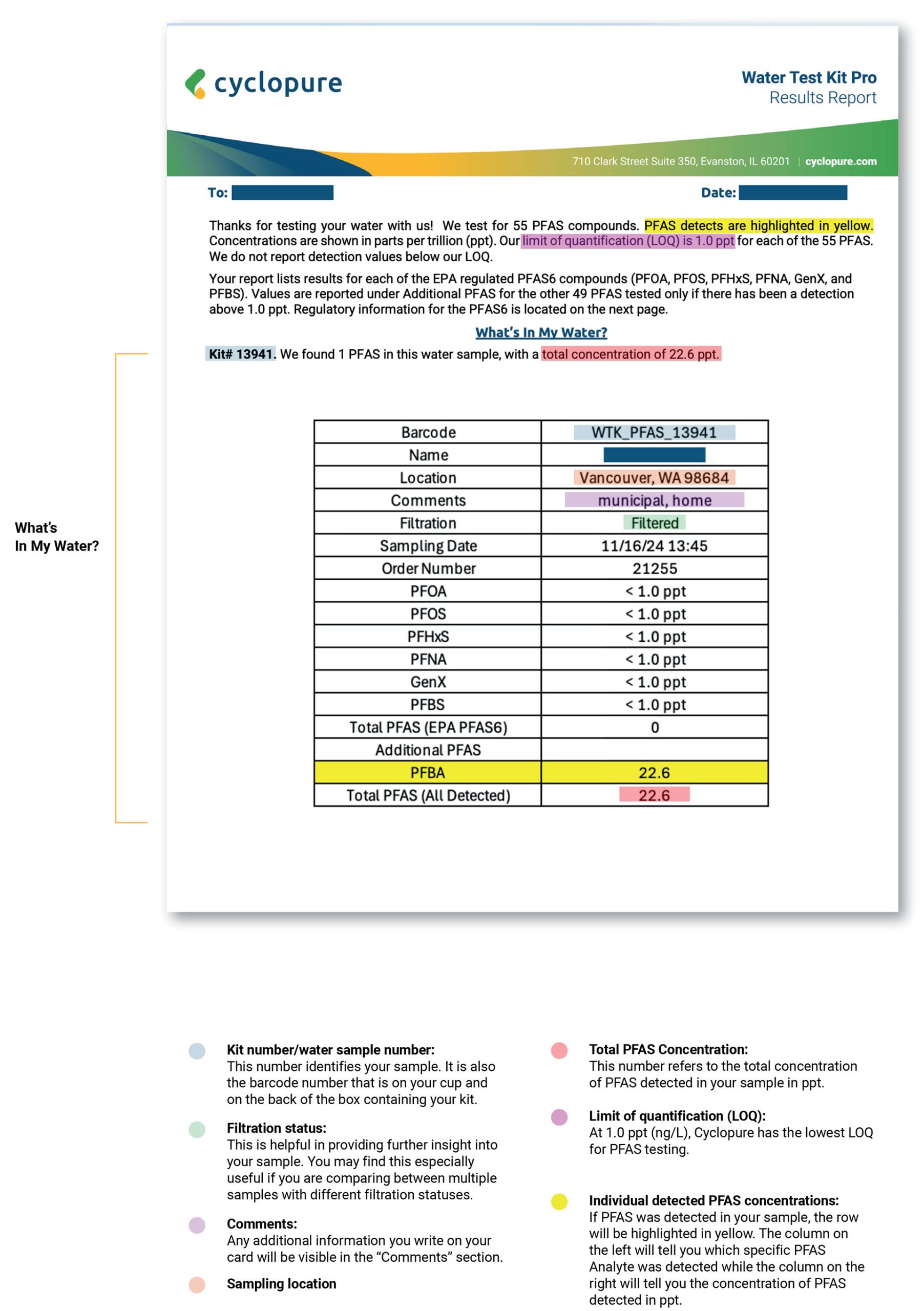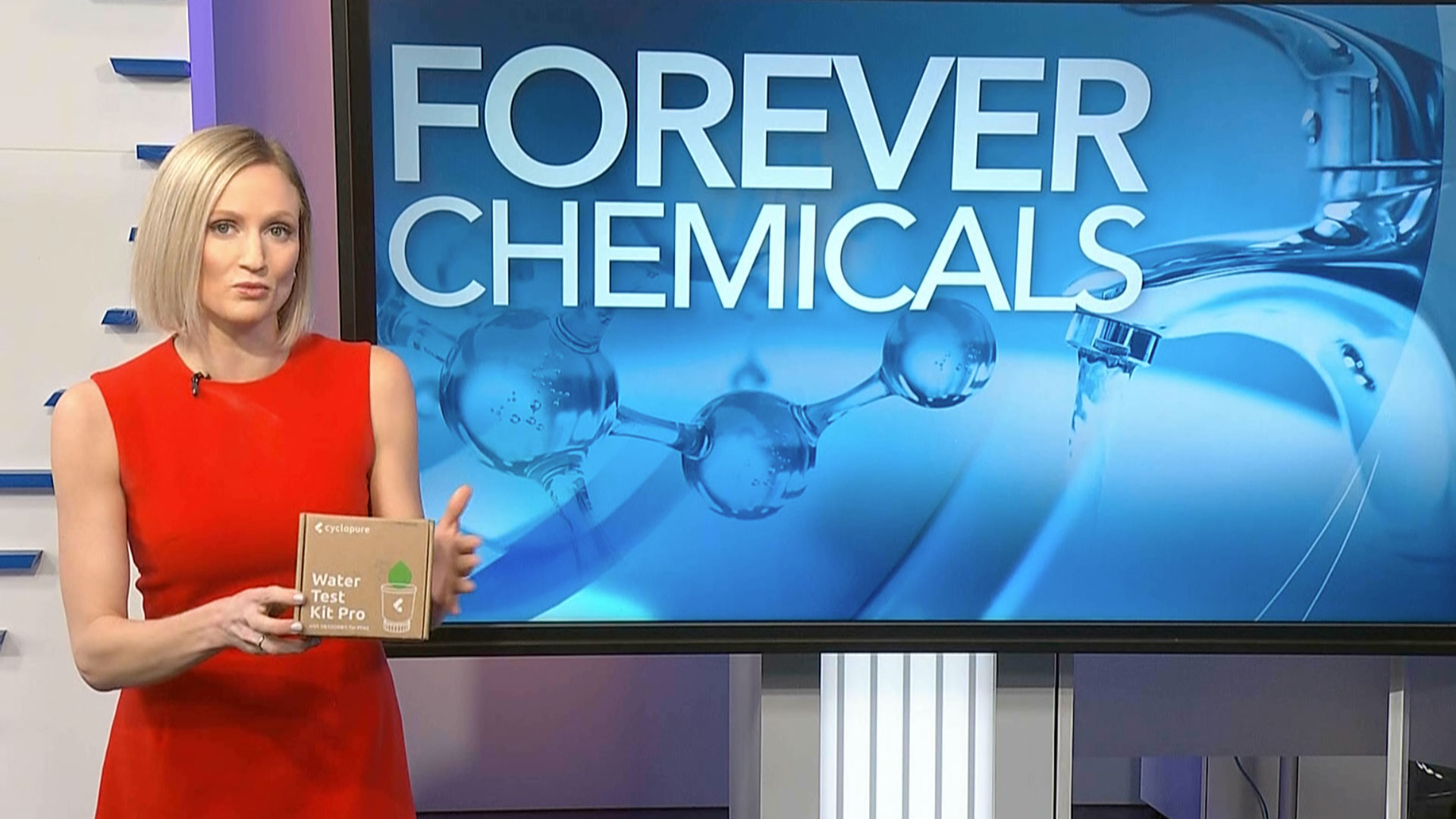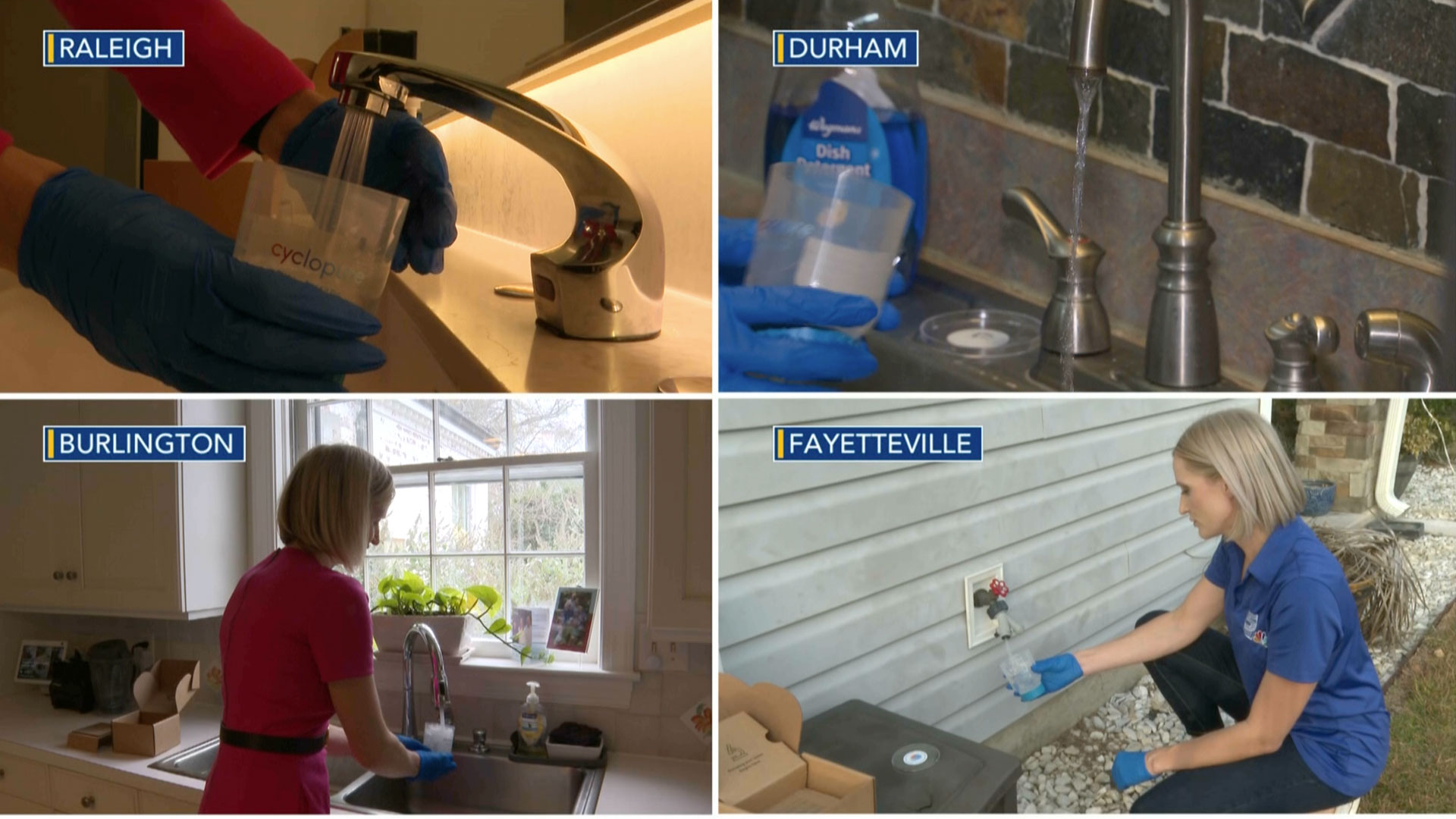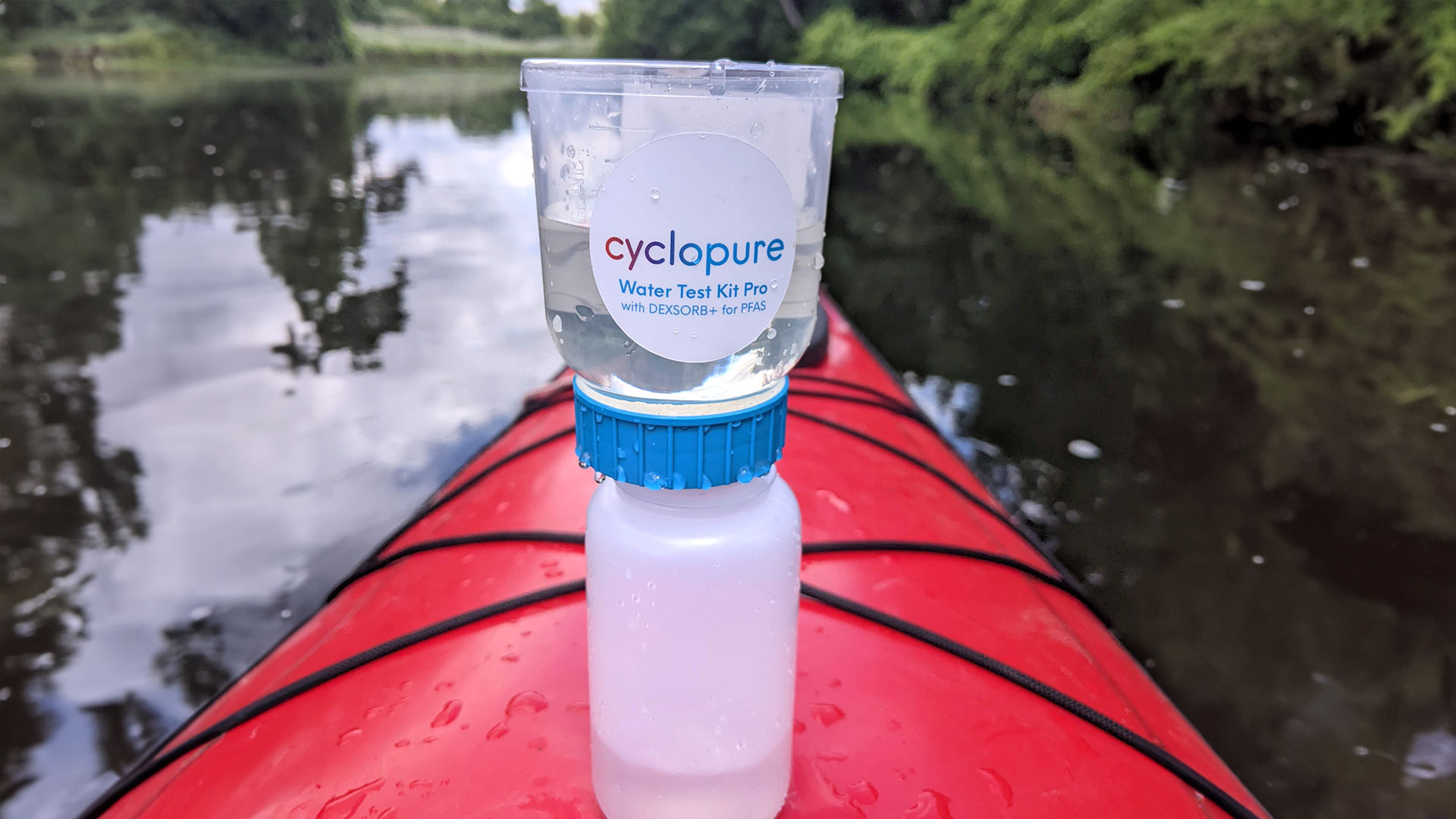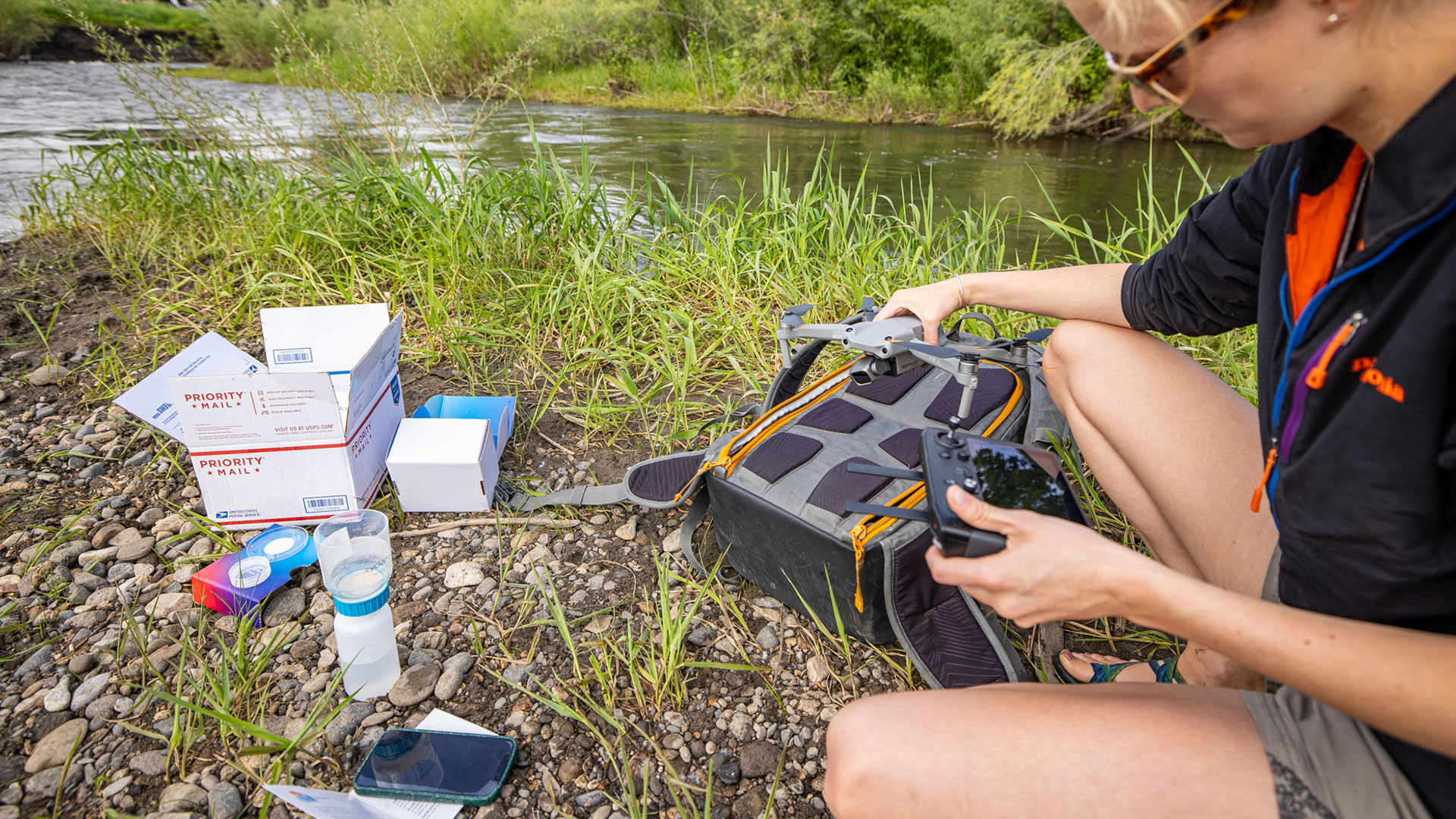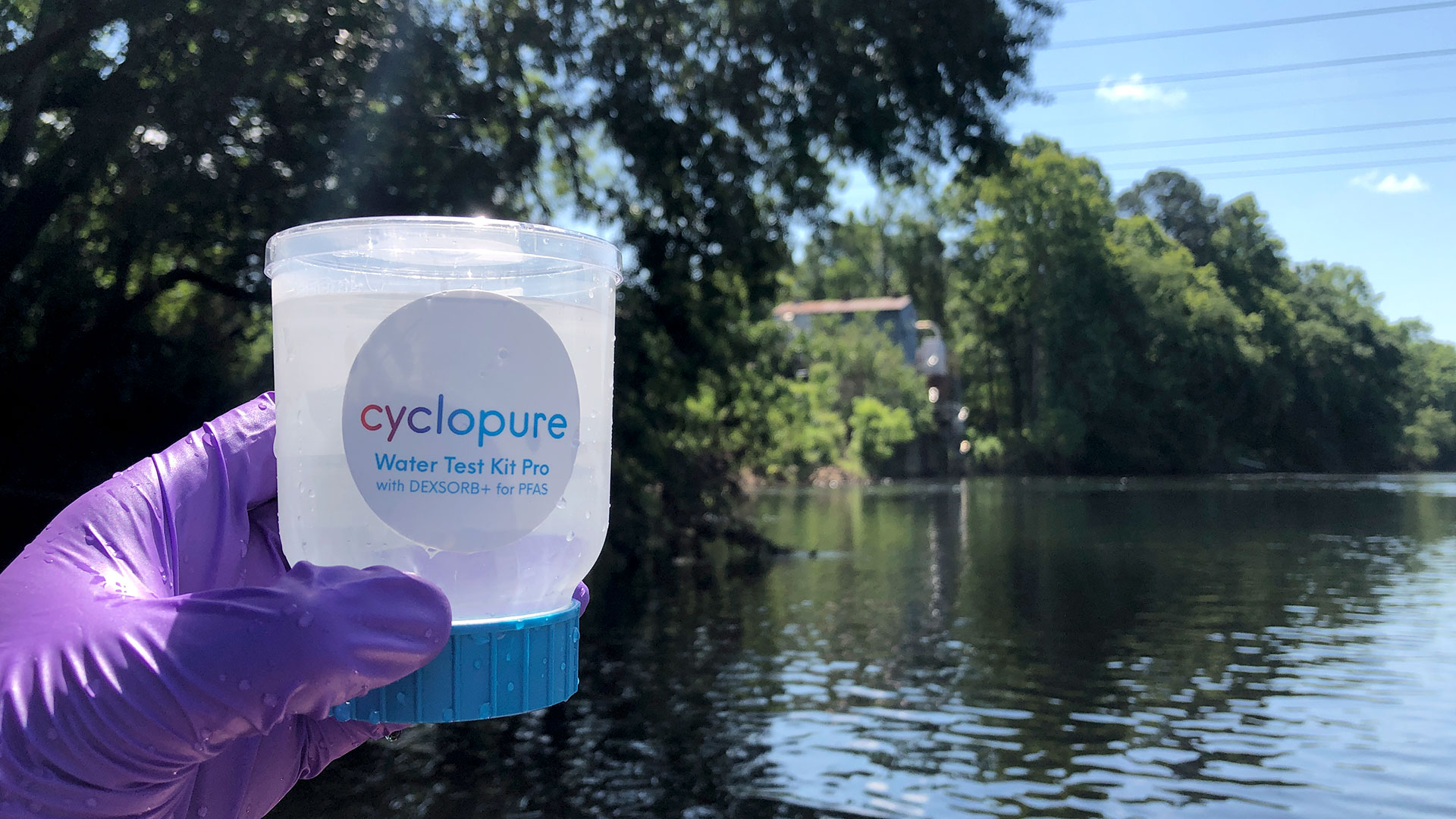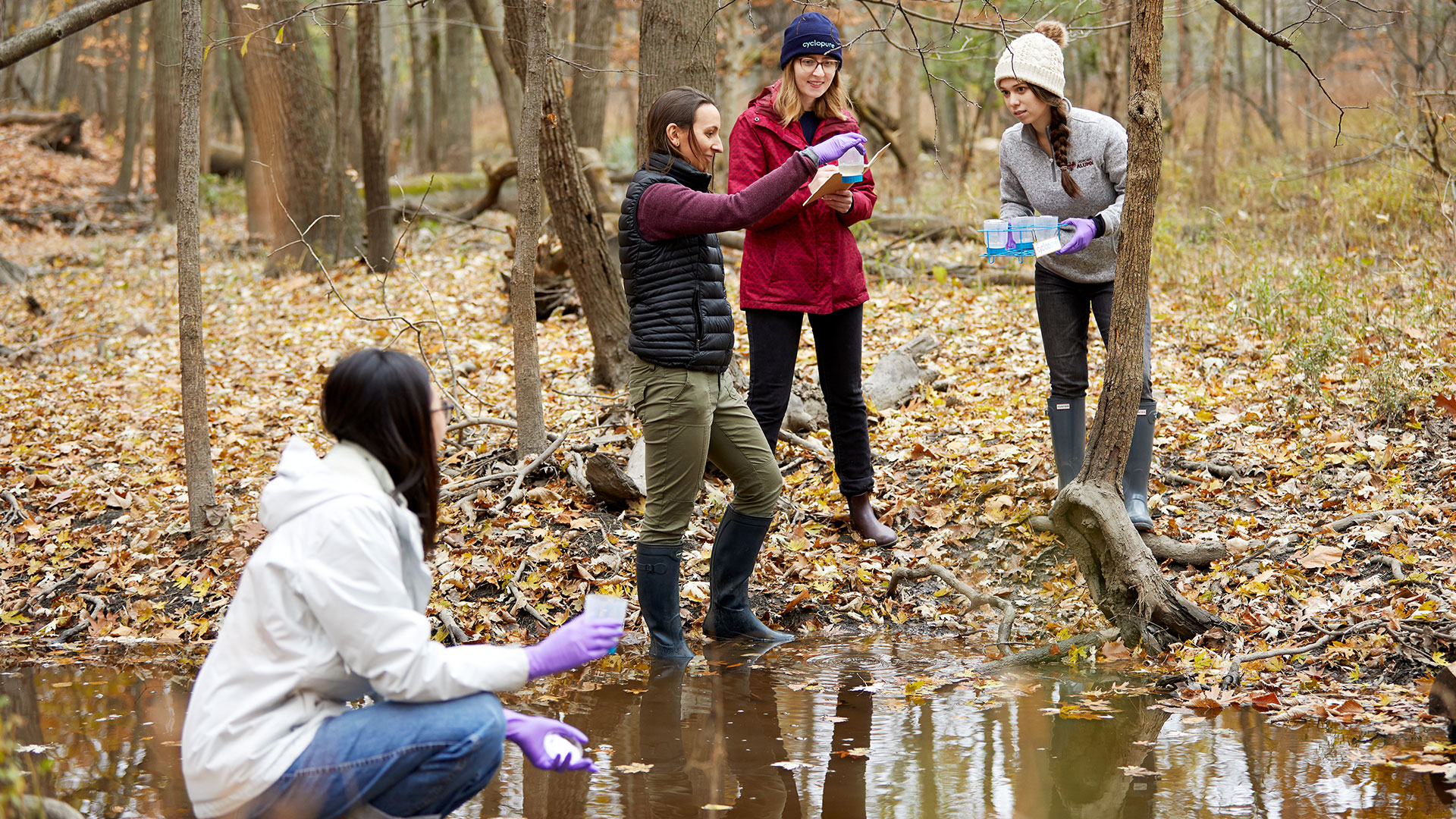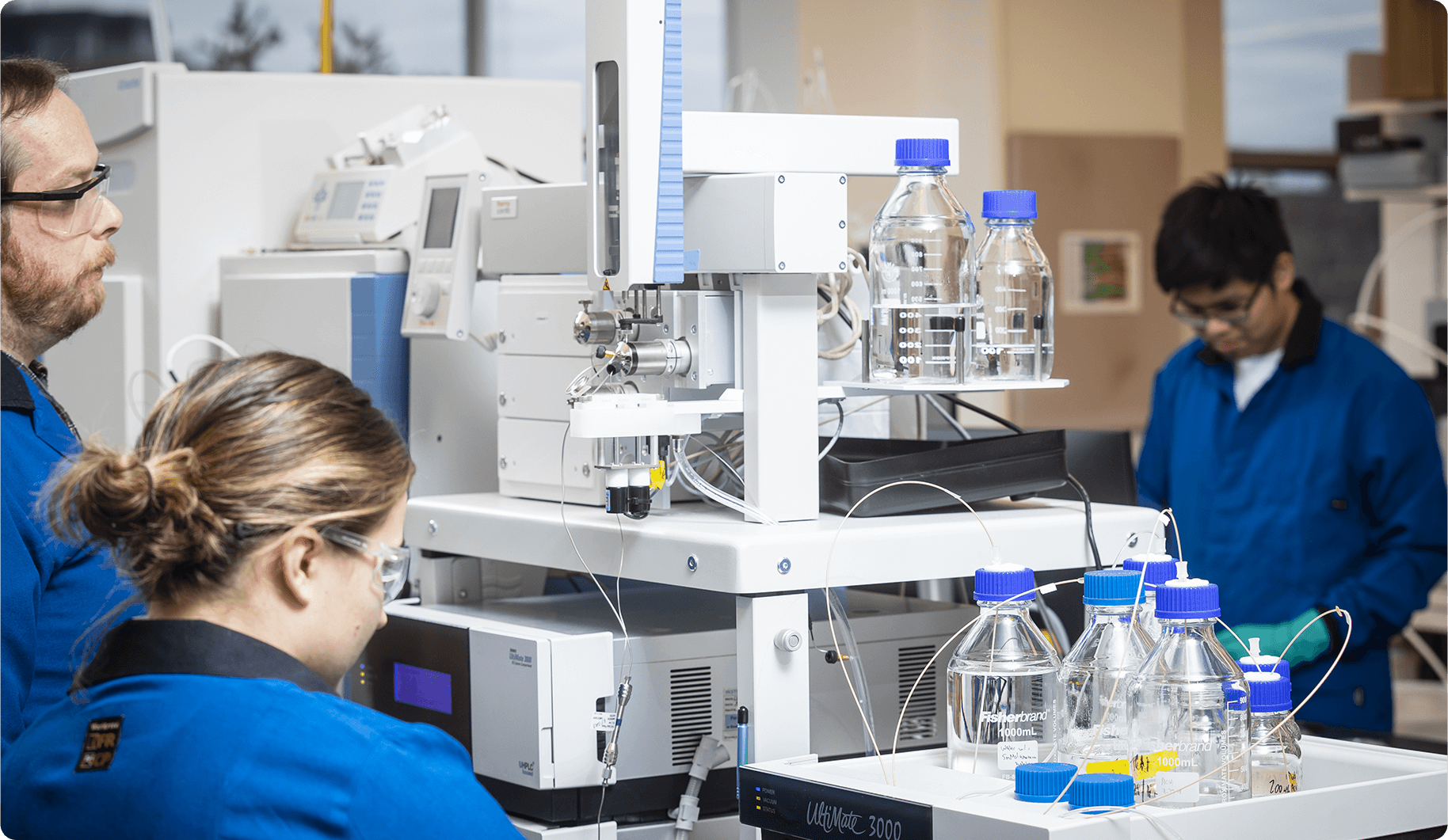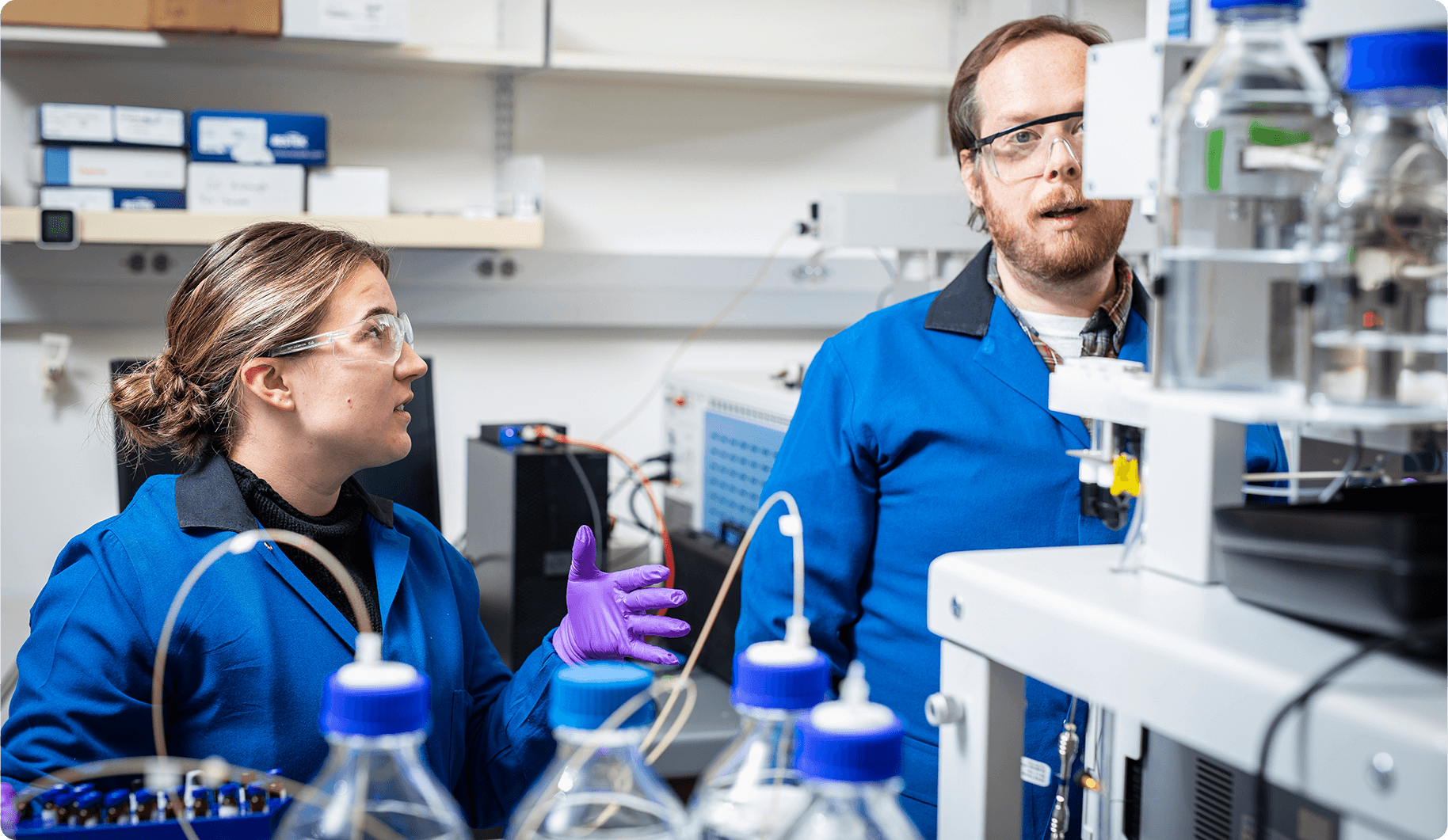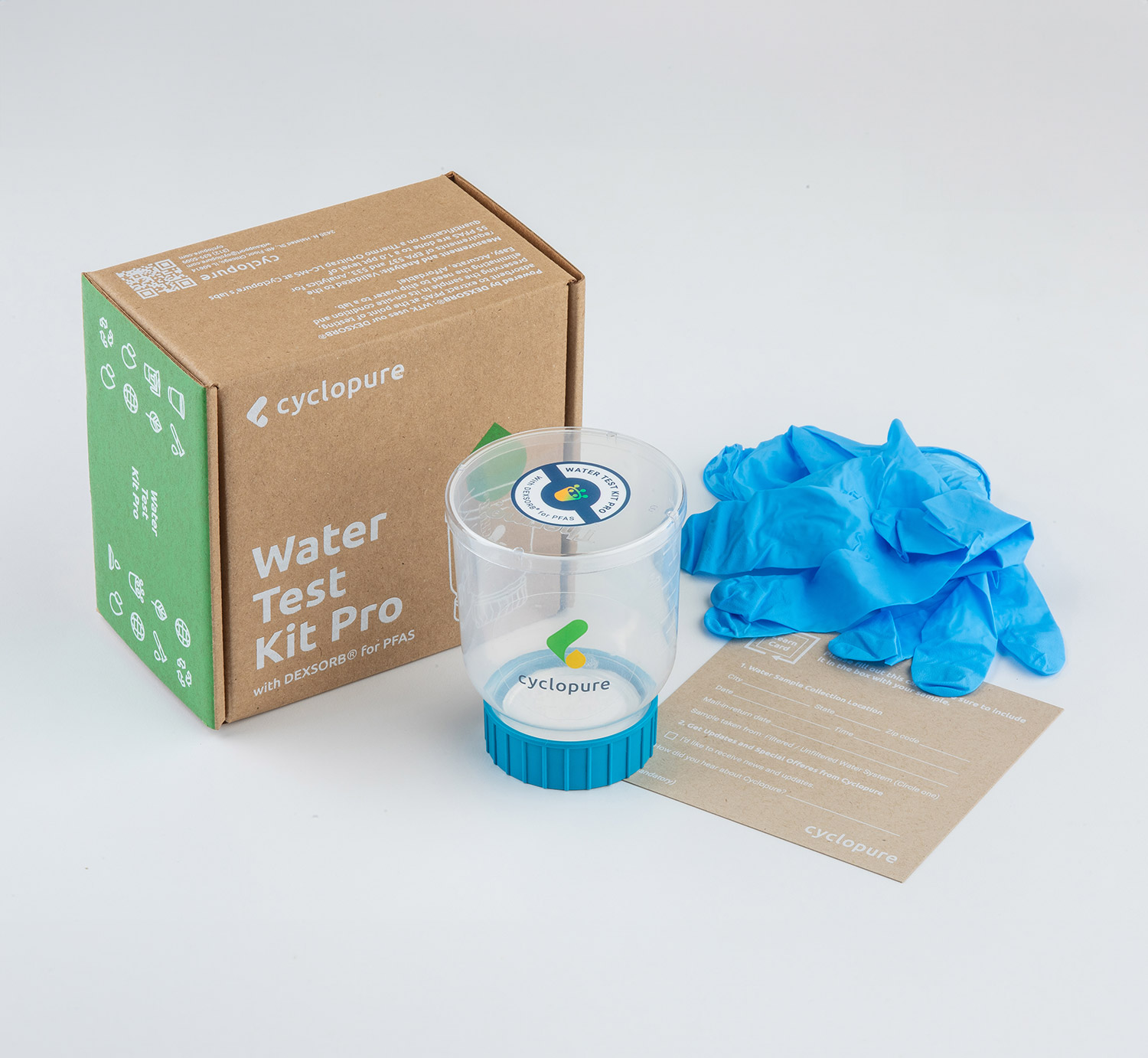WHAT’S IN YOUR WATER?
HOW IT WORKS
Testing for PFAS has never been easier.
Simply fill the collection cup with water and allow it to drain completely. Place the cup back in the box with your sample details and return to Cyclopure using the prepaid shipping label.
IN THE LAB
We Go Low
Cyclopure tests for 55 PFAS analytes, including all 40 compounds covered under EPA Method 1633. We measure and quantify PFAS to a reporting limit of 1.0 ppt (1 ng/L), the lowest of any commercial lab. We have rated over 96% in sample consistency test scoring.
FREQUENTLY
ASKED QUESTIONS
What is the Cyclopure Water Test Kit Pro?
Our Water Test Kit Pro is designed to test for 55 PFAS Analytes using a DEXSORB® loaded extraction disc in the bottom filter. Using DEXSORB®, we can accurately measure and quantify the presence of short and long chain PFAS in a convenient point of site, time-specific extraction method.
DEXSORB® media extracts PFAS from contaminated waters through a unique adsorption mechanism – host-guest complexations. This occurs in the uniform 0.78-nm hydrophobic cavities of DEXSORB®, which are ideally suited to PFAS through size-inclusion, and excluding other contaminants like plastic particulates that are too large to fit (size-exclusion).
How are PFAS recovered and measured at the Cyclopure lab?
When the WTK is received, Cyclopure analytical chemists perform standard solid-phase extraction (SPE) to recover PFAS compounds captured by the DEXSORB® extraction disc. The eluted PFAS sample is subsequently analyzed on a HPLC-MS/MS (QExactive Orbitrap, ThermoFisher). Analytical procedures use isotope dilution for PFAS measurement and quantification. The analysis of water samples has been validated to the requirements of EPA Methods 533, 537 and 1633, and follow instrument procedures for internal standardization and calibration.

How many PFAS compounds does Cyclopure test for?
What are the reporting limits of Cyclopure analytical methods?
Is Cyclopure’s testing a certified method?
I notice that the collection cup is made of plastic. Will this affect my test results?
All components of the WTK are pre-conditioned and validated to be trace clean, analytical grade for accurate PFAS sampling, including the filter cup, glass fiber membranes, and the DEXSORB®-loaded PFAS extraction disc. No leaching of any other contaminants like plastics will occur during the PFAS sampling activities using our WTK.
Can I use Cyclopure’s Water Test Kit Pro to test surface waters?
How do I read my WTK Report?
